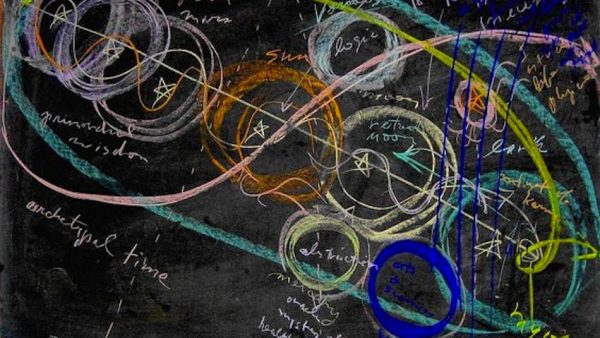
On Diversity and Cultural Development
A statement from Jane Bradshaw, the General Secretary of the ASinA
I’d like to talk about diversity and cultural development in relation to the Anthroposophical Society in Australia. The recent Hearts Online webinar (6 June, 2021) provided an opportunity for individuals discuss these issues and to the members to present questions to the four presenters speaking to this theme.
Now I would like to respond with a statement myself concerning this ongoing and sometimes divisive discussion.
Foundation Statutes of the Anthroposophical Society of 1923
As members of the Anthroposophical Society, we know from the Foundation Statutes of the Anthroposophical Society of 1923 that the Society is entirely public. Anyone can become a member as long as they recognise the justification for of an institution such as the Goetheanum in Dornach in its capacity as a school of a spiritual approach to understanding science. Membership is open to all, without regard to nationality, social standing, religion, scientific or artistic conviction.
The Anthroposophical Society in the world consequently rejects any kind of sectarian activity. Party politics is not considered to be one of its tasks to address.
But we must ask: what is sectarianism? We stand by the Statutes of 1923 and it is time to make a public statement in regards where we stand as a community, in the contemporary Australian context. Rudolf Steiner intended the Society to be cosmopolitan.
Standing as an individual who hears a universal call
As a spokesperson for the Society, I also speak as a nurse, and an individual who hears a universal call to stand for human rights. I currently bear witness to injustice and inequity, in Australia.
In many ways this inequity is highlighted since the pandemic of 2020-2021. Those who are isolated become more solitary and the poor become further impoverished. The unwell, deteriorate mentally and physically. A human response is to imbue warmth and empathy to others, to reach out a hand of friendship.
We all play a role in the zeitgeist and are co-creating our current reality and laying seed for the future reality.
Ethical individualism
I understand what is meant by ‘ethical individualism’ when I hear the words of Steiner. In his lecture ‘The presence of the dead’ (Paris, May 25th, 1914), he speaks of ‘developing a feeling for community,’ stating that we leave our mark everywhere. We all connected, a single organism, attuned to the other and there is an invisible bond connecting all things. We understand in this context that the welfare of individual is meaningless if the welfare of the community is not alongside it. This is a principle of ethics.
Rudolf Steiner (GA194, 30 Nov 1919) also speaks about ‘freedom of thought’ in the human realm and that every thought is impressed into the world ether too, then this is the karmic responsibility of everyone.
Freedom of thought, freedom of speech
I wonder what of ‘freedom of speech’? Is accepting complete freedom of speech is different. If words are ignorant, or threatening, are misogynistic or racist or untruthful then they too press into this world ether. Could not accept complete freedom of speech within my family, my community, or within the Anthroposophical Society?
So let us begin to search deeply within ourselves. Let us investigate through our threefold thinking, feeling and willing selves. Let us listen deeply within and listen to each other.
Jane Bradshaw, General Secretary of the Anthroposophical Society in Australia.
‘Knowledge of human worth, feeling for human dignity, willing love for humanity: These are the most beautiful life fruits nurtured in mankind when he assimilates what is bestowed on him by spiritual science’
Steiner, R. ‘Anthroposophy’s Contribution to the Most Urgent Needs of Our Time’, Lecture 5 September 1921.
Editor’s Note, 22 July 2021: This is an amended version of the original post titled On Diversity and Cultural Competency and published on 20 June 2021. Upon reflection and after recent discussion with members, it was amended to reflect their concerns. You can find the original post here.
Image: excerpt from a blackboard drawing by Rudolf Steiner